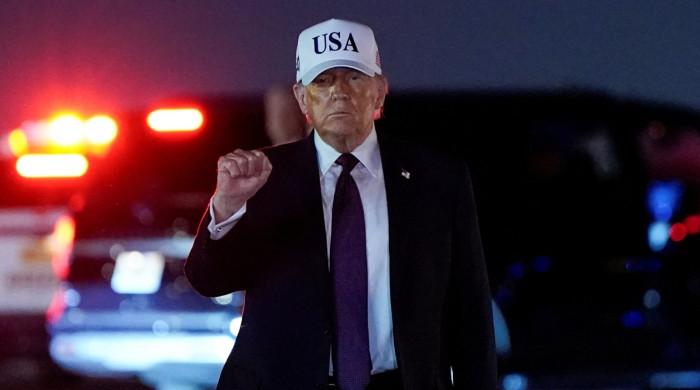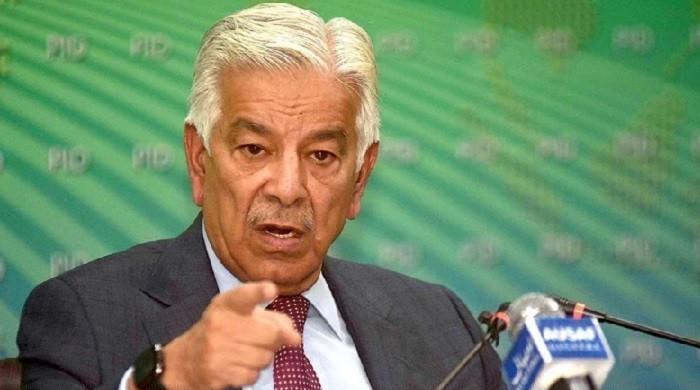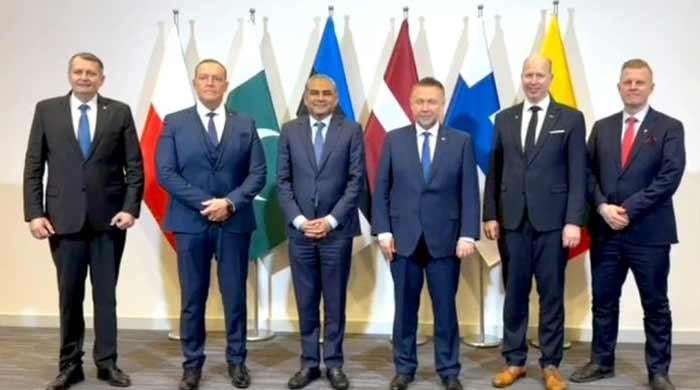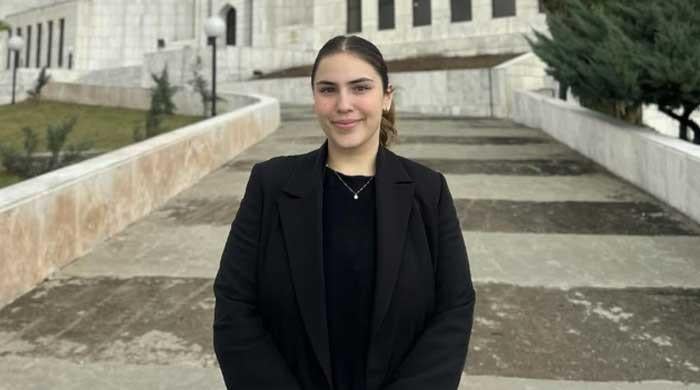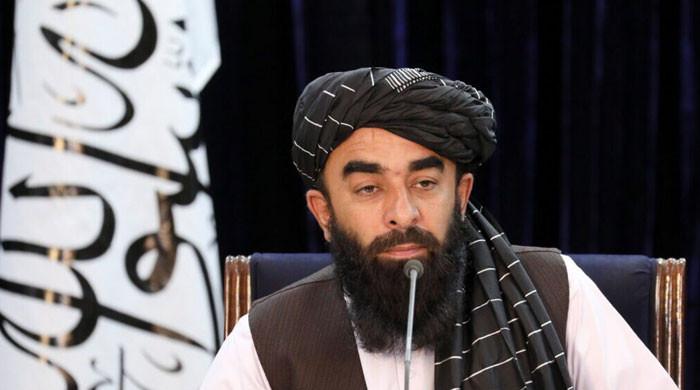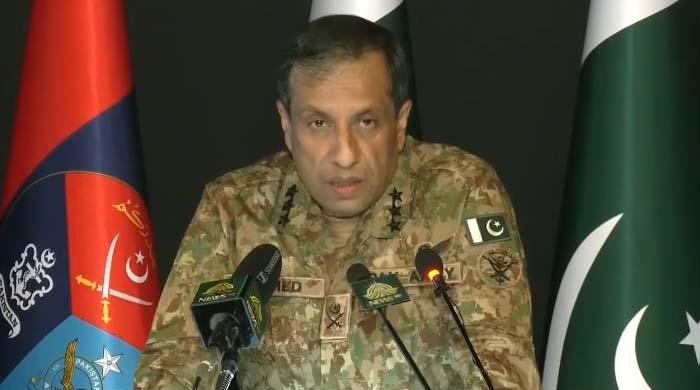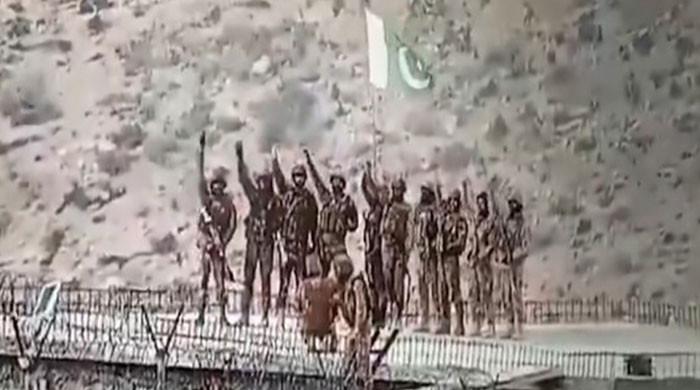Pakistan Election 2024: Can ECP handle tsunami of tech-powered propaganda?
Pakistan Election: Amid TikTok jalsas and WhatsApp campaigns where does ECP’s digital police stand?
February 07, 2024

The 2024 polls will differ significantly from previous ones, with over 128 million voters, comprising more than half of the population, and witnessing an additional 42.3 million individuals added to the electoral roll since the 2013 polls.
In the upcoming polls scheduled for February 8, the youth will be a deciding factor, as voters under the age of 35 constitute 44% of the total electorate. Whichever political party can convince this age group stands to win elections easily, because this demographic eats, drinks, and sleeps internet.
In 2018, during the last polls, the country had over 44 million social media users, making the use of new media technology more significant in political communication than ever before.
While the 2013 polls are considered the country's first social media elections, the 2024 ones are the biggest ever in terms of technology use, with 87.35 million internet users in January 2023.
Moreover, Pakistan is home to 71.70 million social media users, constituting 30% of the total population, bringing about a significant change in political communication.
However, this scenario has its pros, but it also comes with its cons. While technology has boosted campaigning, it has also given rise to serious misgivings as this picture also has a darker side, which harbours active dissemination of disinformation and fake news. Given these real-time concerns, the Election Commission of Pakistan (ECP) has, for the first time, included digital media in its code of conduct for the 2024 polls.
The commission, in its notification, specifically mentions terms like social media influencers, digital media, and verified social media accounts, indicating its readiness for this new challenge.
“During the election campaign, the content floated on print, electronic and digital media, shall not reflect any opinion prejudicial to the ideology, sovereignty, dignity or security of Pakistan, public order or the integrity and independence of the judiciary of Pakistan and other national institutions,” the ECP state in its notification.
Despite the challenges of the new information system, political parties have adapted to new methods, from constituency-wise WhatsApp channels to TikTok jalsas (public meetings), in efforts to woo the younger generation. This has compelled government authorities to come up with new policies and monitoring tools.
The Pakistan Tehreek-e-Insaf (PTI), the party of former prime minister Imran Khan, has been highly innovative in the use of advanced technologies, changing the way campaigning is done in Pakistan.
With the use of artificial intelligence, the launching of a dedicated portal for candidates, and the introduction of a Facebook bot, the PTI has been leading the charge. However, the credit for these creativities could easily be given to a myriad of gags imposed on the party by the state.
In this regard, the Election Commission has updated its policies, incorporating several new topics to cover different aspects of social media. However, some aspects lack clarity, leaving room for manipulation. For instance, the ECP didn’t explain how it would determine “official accounts” on social media, as it is now convenient for anyone to get an account verified on X by making a payment.
Moreover, there's a need for clarity on social media spending by political parties and candidates, as well as virtual canvassing and campaigning, as per Sections 177 and 182 of the Elections Act, 2017.
Experts have urged the commission to enforce these policies rigorously, as other government bodies are tasked to assist in carrying out its functions. State institutions, such as the Pakistan Electronic Media Regulatory Authority (PEMRA), Pakistan Telecommunication Authority (PTA), Press Information Department (PID) Cyber Wing, and Digital Media Wing of the Ministry of Information and Broadcasting (MoIB), are responsible for monitoring coverage.
‘Not enough resources’
Sharing her concerns, Geo Factcheck Editor Benazir Shah said: “I don't think that the ECP is going to be able to or has the required facilities and the resources to monitor social media”.
Considering the ever-expanding social media landscape riddled with various fast-mutating platforms, Shah pointed out a disruptive change. She said the brands were increasingly flocking to TikTok for their campaigns, making the most of its extensive outreach. She added that as the AI-generated visuals were all the rage these days, social media marketing had never been better.
“I don't think the ECP has the resources. The last time that I got an estimate from ECP they said they had around 4,000 to 5,000 employees. And not only that, you need a dedicated wing of people who specialise in monitoring social media and who know how to keep a track of it and also be able to do it around the clock.”
Shah highlighted that she hadn’t read anywhere that the ECP had set up any kind of a wing that is dedicated to monitoring the digital media and the election campaigns on it.
“So, until and unless that happens, I think this is just a mere formality that they're fulfilling.”
'Policies are silent'
Echoing the concerns, Digital Rights Foundation chief Nighat Dad, in an opinion piece for The News, wrote that while the ECP has laid down a framework for campaign expenditures it doesn’t clearly mention whether it applies strictly to physical campaigning. Hence, it can be argued that the broader application of law can cover both offline and online campaign financing.
“Thousands of political ads run on social media during the days leading up to elections in Pakistan, especially on Facebook and YouTube. The regulation of online and social media campaign financing is a relatively new and evolving area, and, unfortunately, the ECP’s policies are silent on accountability around digital political ads,” she stated.
Dad shared that countries like the US have developed measures in this regard and are enforced strictly, adding platforms have their own policies which include background checks and transparency requirements.
“A pressing question is: how much can candidates and their supporters spend on online political campaigns in Pakistan? The lack of explicit regulations by the ECP on online political advertising leaves a significant area of campaign financing unregulated. This gap allows for the potential misuse of online platforms for electioneering without adequate oversight or accountability,” she further added.
It must be noted that Geo.tv contacted the ECP spokesperson by email for a comment, but there was no immediate response.




